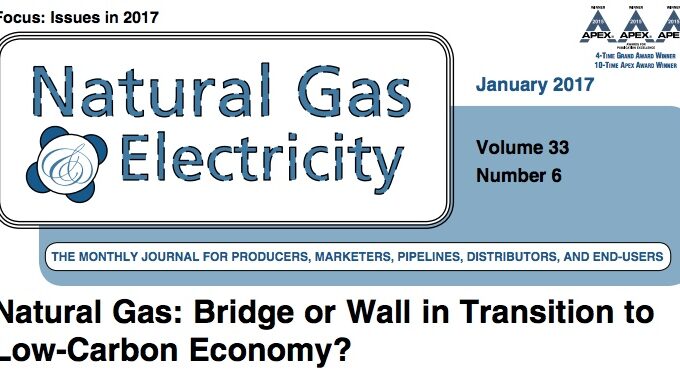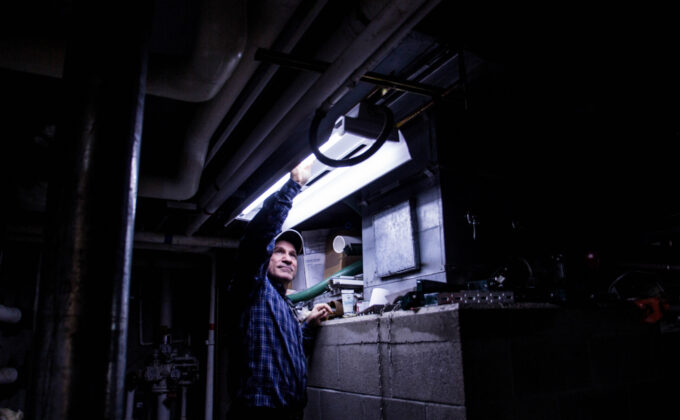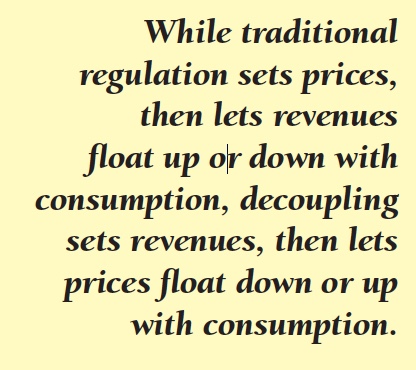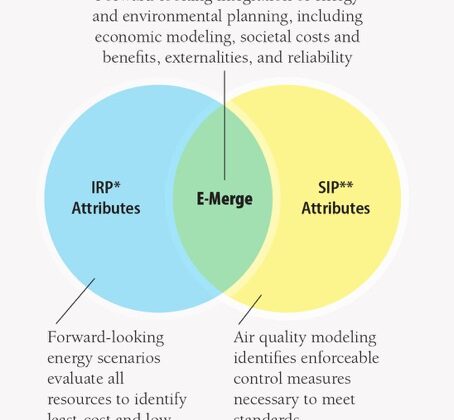Filter >>
Content Filter:
Natural gas as a power plant fuel has already played an important role in a transition to a low-carbon economy. However, while a transition to gas-fueled electricity is a carbon reduction strategy for a coal-reliant power system, putting… View Summary +

Broad state authority under the Clean Air Act means regulatory reforms would likely be permitted This is the third of RAP’s four-part series on the merits of greater integration of energy and environmental planning and regulation. The first piece… View Summary +

The UK’s energy policy is at crossroads. Ambitious carbon targets, an aging energy infrastructure, rising fuel poverty, and a legacy of fossil fuel investment warrant bold political decisions to ensure the UK transitions to a sustainable low-carbon energy system. Because… View Summary +
Die Entgelte für die Stromnetze steigen 2017 durchschnittlich deutlich an, entwickeln sich aber sehr unterschiedlich—zum einen im regionalen Vergleich, zum anderen mit Blick auf ihre strukturelle Aufteilung in Arbeits- und Grundpreis. Das zeigt eine aktuelle Kurzstudie im Auftrag von Agora… View Summary +
Brexit has opened a new era in British politics. Economic uncertainties and a potential slowdown in investment are likely to stay with us in the short to medium term. The Chancellor has made clear that he is prepared to “reset”… View Summary +

New study presents real world examples of Efficiency First from across Europe The EU’s energy infrastructure faces numerous challenges over the next decades. It needs to be decarbonised whilst ensuring the competitiveness of EU industry, providing energy security, addressing energy… View Summary +
The EU’s energy infrastructure faces numerous challenges over the next decades. It needs to be decarbonized whilst ensuring the competitiveness of EU industry, providing energy security, addressing energy poverty, reducing energy bills, and empowering consumers, who play a crucial part… View Summary +

Under traditional regulation, utilities make more money when they sell more energy. Yet this reality is at odds with explicit public policy objectives that utility and environmental regulators are charged with achieving, including economic efficiency and environmental protection. Many utility-sector… View Summary +

Many states have adopted utility decoupling, or revenue regulation, which breaks the link between electricity sales and revenues to the utility. Originally, it was conceived as a way to make utilities indifferent to annual sales volumes by addressing the net… View Summary +
Part one of this series described why it is increasingly necessary to integrate energy and environmental planning and introduced one way to do so, the E-Merge approach. Improvements in public health science, detection technologies, and modeling over the last… View Summary +

